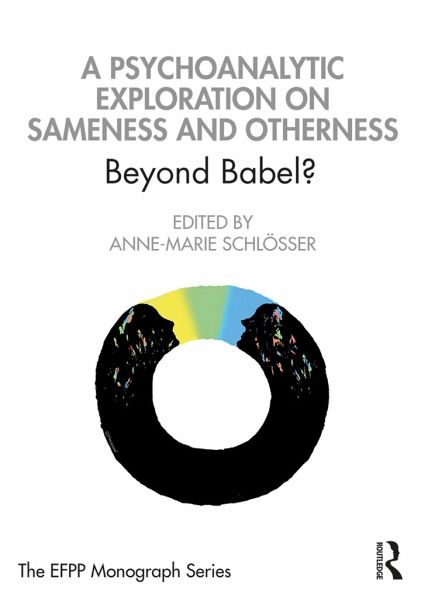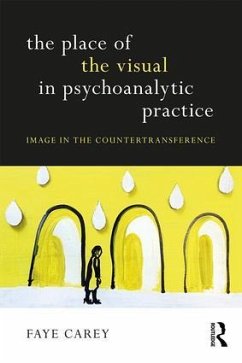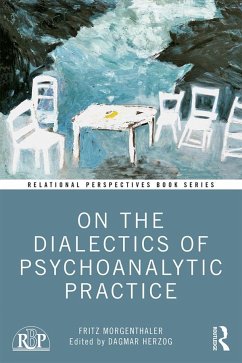
A Psychoanalytic Exploration On Sameness and Otherness
Beyond Babel?
Herausgeber: Schlösser, Anne-Marie

PAYBACK Punkte
23 °P sammeln!
In dialogue with the most famous myth for the origin of different languages - The Tower of Babel - A Psychoanalytic Exploration on Sameness and Otherness: Beyond Babel? provides a series of timely reflections on the themes of sameness and otherness from a contemporary psychoanalytic perspective. How are we dealing with communication and its difficulties, the confusion of tongues and loss of common ground within a European context today? Can we move beyond Babel? Confusion and feared loss of shared values and identity are a major part of the daily work of psychoanalytic psychotherapists. Bringi...
In dialogue with the most famous myth for the origin of different languages - The Tower of Babel - A Psychoanalytic Exploration on Sameness and Otherness: Beyond Babel? provides a series of timely reflections on the themes of sameness and otherness from a contemporary psychoanalytic perspective. How are we dealing with communication and its difficulties, the confusion of tongues and loss of common ground within a European context today? Can we move beyond Babel? Confusion and feared loss of shared values and identity are a major part of the daily work of psychoanalytic psychotherapists. Bringing together an international range psychoanalytic practitioners and researchers, the book is divided into six parts and covers an array of resonant topics, including: language and translation; cultural identity; families and children; the cyber world; the psychotherapeutic process; and migration. Whereas the quest for unity, which underpins the myth of Babel, leads to mystification, simplification, and the exclusion of people or things, multilingual communities necessitate mutual understanding through dialogue. This book examines those factors that further or threaten communication, aiming not to reduce, but to gain complexity. It suggests that diversification enriches communication and that, by relating to others, we can create something new. As opposed to cultural and linguistic homogeneity, Babel is not only a metaphor for mangled communication, alienation, and distraction, it is also about the acceptance or rejection of differences between self and other. This book will be of great interest to psychoanalytic psychotherapists and researchers from a wide variety of backgrounds.














